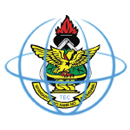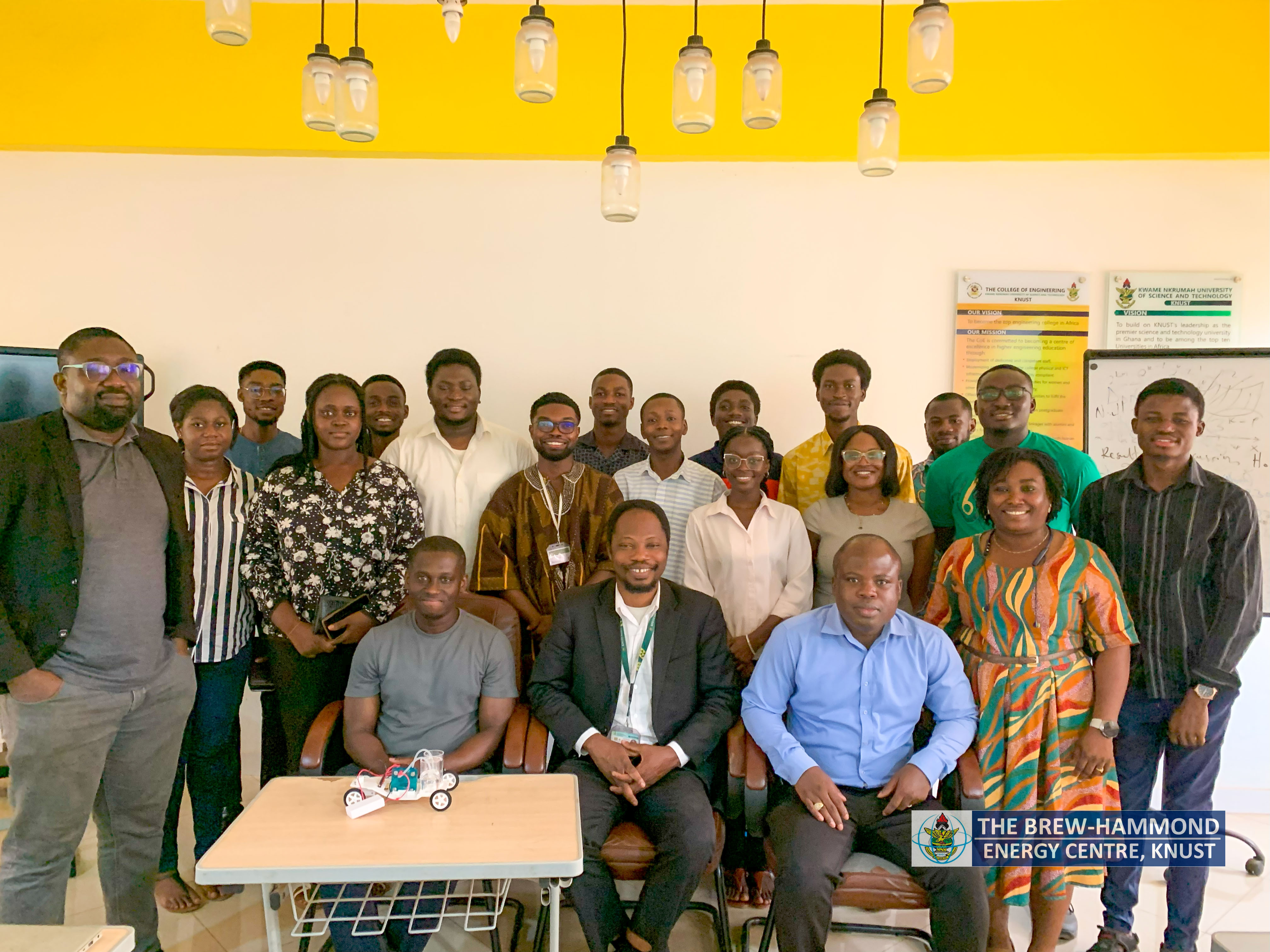Dr. Tabbi Wilberforce Awotwe, a lecturer at King’s College London and an alumnus of Kwame Nkrumah University of Science and Technology (KNUST), has urged Ghana to take proactive steps in harnessing its renewable energy potential to produce hydrogen.
He made this call during a webinar organised by the Brew-Hammond Energy Centre at KNUST. The event, themed "The Evolution of Hydrogen Fuel Cells and Their Adaptability within the African Terrain," brought together researchers, fellows of the Centre, students from various universities, and experts to discuss the role of hydrogen technology in sustainable energy solutions.
He emphasised that the country’s abundance of sunlight and wind presents a significant opportunity to generate hydrogen sustainably. “Why? Because we have an abundance of sun, we have wind, so we are blessed. We just have to see how we can use that in order to produce hydrogen and how we can use novel technologies like hydrogen fuel cells to generate electricity,” Dr. Awotwe stated.
“Once we can apply this in different power terrains, such as bicycles, motorbikes, and predominantly in the automotive sector, we can revolutionise our energy landscape.”
Dr. Awotwe, whose research focuses on hydrogen fuel cells and their integration into powertrains, highlighted the need for Ghanaian researchers to explore the design and optimization of hydrogen fuel cells and electrolysers. He encouraged a multi-faceted research approach, from studying individual components to system-level integration.
“As a country, we need to begin to see how we can seize the opportunity now. Countries like South Africa are already trying to hit the ground running because that is the future,” he noted.
“If we can gradually shift away from high reliance on batteries and embrace fuel cells, it will create better job prospects for students graduating from our institutions.”
Professor David Ato Quansah, Director of the Brew-Hammond Centre, reaffirmed the Centre’s commitment to advancing research in renewable energy. He stressed the importance of developing sustainable mobility solutions to reduce carbon emissions and combat climate change.

The webinar ended with a live demonstration of a hydrogen fuel cell vehicle, allowing students and researchers to interact, ask questions, and gain practical insights into hydrogen technology. The event was moderated by Dr. Richard Opoku and Dr. Ayetor Godwin, Group Chair for Electric Vehicles and Sustainable Mobility under the Centre.

